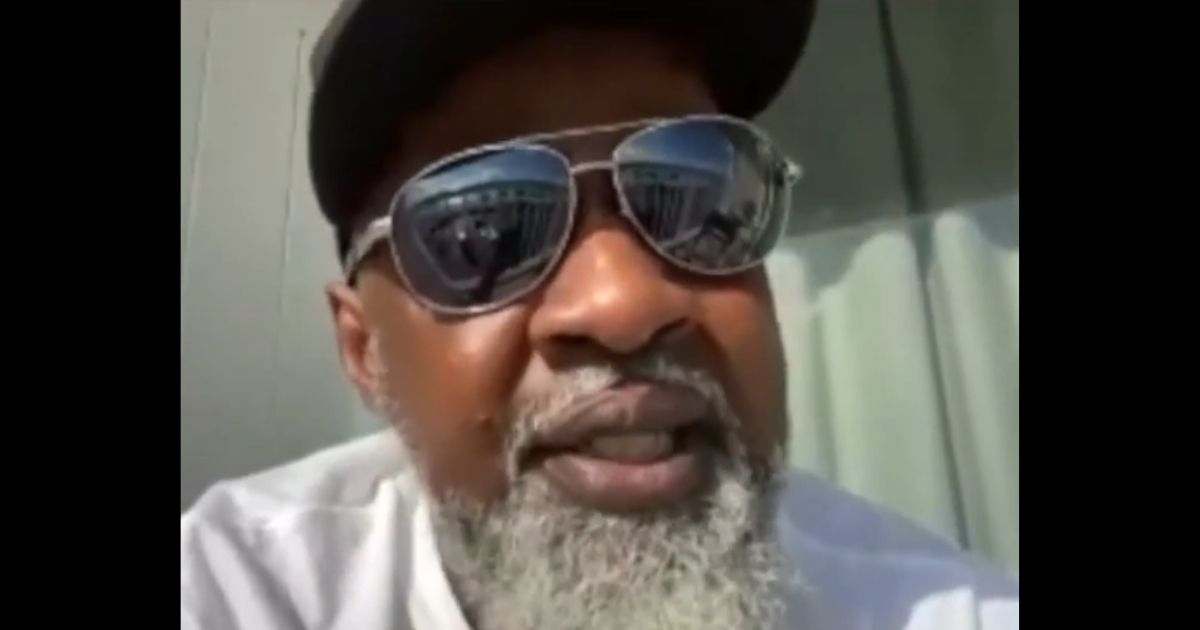When police began to pursue a driver going from Hanover to Henrico in Virginia on Aug. 9, it probably looked like a pretty clear case of DUI to onlookers.
The driver went the wrong way on the highway, drove the wrong way on Chamberlayne Avenue, and was generally behaving like someone who was under the influence.
“Clearly thought that the driver was trying to evade us and get away,” Henrico officer Caroline Clements told WTVR-TV.
“So, that was, that was kind of our initial thoughts … it became very evident that it was, that something else was going on.”
The reality was that the driver was 51-year-old CJ Richardson, a diabetic who was experiencing dangerously low blood sugar, causing him to drive erratically.
“Low blood sugar can mimic a lot of the DUI driver symptoms,” Clements added.
Richardson had been driving home and realized that his blood sugar level was very low.
He’s usually prepared for this kind of issue, but on that day he was not.
[firefly_embed]
[/firefly_embed]
“I normally keep something sweet with me, you know, but this particular day, I didn’t have anything,” Richardson said. “And I was like, well, I want, just want to make it home.
“At one point, they said I was actually on the wrong — going the wrong way on the highway.”
He doesn’t recall the incident with much clarity, saying that driving home was “like living inside of a dream.” He does remember hearing a lot of honking, but at the time it didn’t make any sense.
“I’m hearing people honking their horns, and I heard a lot of stuff going on,” he said. “But I was confused.”
Once police managed to get him to pull over and assessed him, they realized what was going on and quickly got him some glucose. The Henrico County Fire Department and Richardson’s sister were also called and arrived on scene to help.
“After that, I started, you know, becoming a little more aware,” Richardson said.
He’s thankful for the police who intervened that evening, especially given the horror stories that circulate.
“They were like… to protect and serve in, in a manner in which we want them to, because oftentimes, when we think of police officers, and getting stopped, and being a black man late at night, we don’t think that it’s going to end like this,” Richardson said.
He thanked the responding officers, something that doesn’t always happen. Clements appreciated the recognition and wants people to know that the police are there to help in a multitude of capacities.
“Some people see the police as being only there to take people to jail and, and arrest people, but we’re there for more than that,” she said. “We’re there to help the community and whatever that may mean. It doesn’t matter whether you’re black, white, Asian, Hispanic, we, we serve everyone the same.”
[firefly_embed]
[/firefly_embed]
While Richardson says that this wasn’t his finest moment, he wants to share his story to remind other diabetics to carry something sweet with them, so they can avoid a similar situation. He’ll certainly be packing more sugar with him from now on.
“It’s kind of embarrassing for me,” he said. “It’s not nearly as embarrassing as [not] helping to save a life.”
This article appeared originally on The Western Journal.

























 Continue with Google
Continue with Google